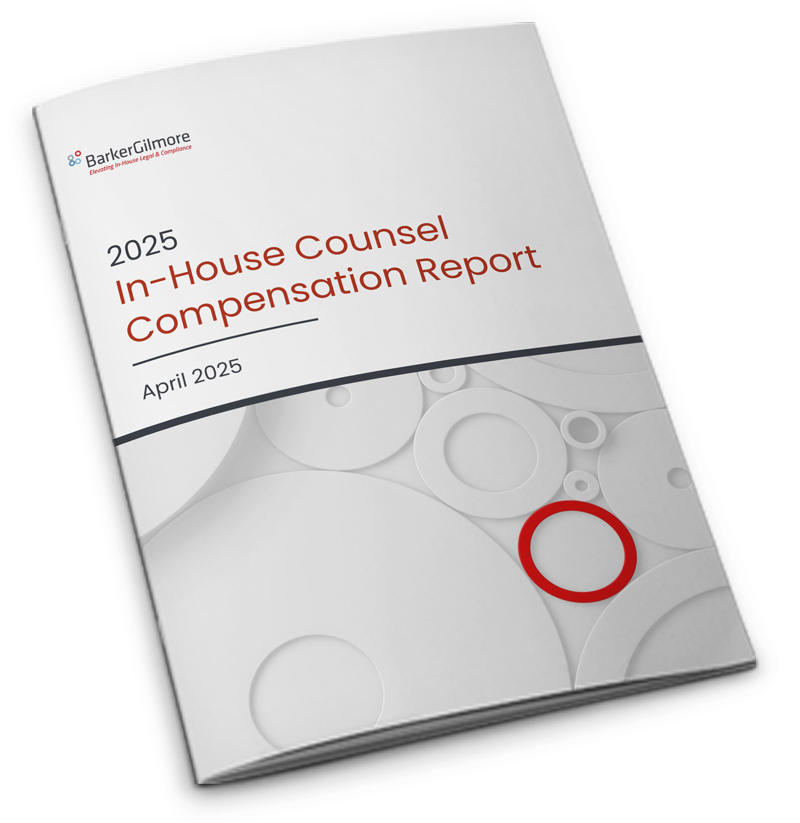Strategic Advisor & Executive Coach Noah Hanft, Co-Founder of AcumenADR LLC and former General Counsel, Corporate Secretary, and Chief Franchise Integrity Officer of Mastercard Inc., is joined by Josh Floum, former EVP and General Counsel of Visa Inc. and Board President, Earth Island Institute, to examine how they worked together as competitors over many years and how their relationship resulted in benefits to both companies.
Below are highlights from the webinar. To learn more, the video recording and podcast are available on this page.
Where hostility exists between arch competitors, there is a natural tendency for it to translate into frosty relationships between General Counsels. Two highly distinguished legal executives put this seldom-discussed topic on the table, who broke with the tradition of approaching each other with distrust. They contend that even when there’s ongoing litigation or disputes or competition for the same customers, collaboration and trust between GCs, while carefully navigating antitrust issues, results in a win for both organizations.
Reach out to competitors to find solutions to legal challenges.
“We were two companies facing a very competitive industry and challenging times, and the natural inclination, especially with the antitrust concerns, would be to avoid any cooperation. Instead, we opted to develop a relationship of trust, sensitive to the antitrust restraints, but no one should be fooled— we had our share of battles.”
Noah Hanft, Mastercard
Situation: Mastercard and Visa faced significant legal challenges over the years in the form of challenges to interchange fees, issues involving what types of businesses could use the network, and the ability of banks to issue both cards. The fundamental structure of the entities, which allowed financial institutions to collectively own 100% of each and control and govern them, was at the essence of the challenges. Since Mastercard and Visa were a conglomeration of financial institutions, the courts and plaintiffs could view them as acting as a single entity.
Outcome: Recognizing that each understood the challenges their companies faced, GCs at Mastercard and Visa ultimately helped change their respective businesses’ structures. Going public, becoming independent, and existing in a safer antitrust zone, the organizations achieved their new status with MasterCard leading and Visa following with a somewhat different structure. This significantly improved the battleground for both companies in ongoing and future litigation. Moreover, it laid the foundation for these highly successful firms to flourish in today’s marketplace. Based on the success of this first milestone, the relationship between the competing GCs continued to build on trust and develop over time.
Respect the antitrust laws and then move forward accordingly.
General Counsels may often be gun-shy about being too close with competitors from a relationship point of view because of the antitrust implications and potential downside.
“It’s certainly true that because we were competitors, had common customers, and were setting the prices our customers would pay one another, there was a great deal of antitrust sensitivity. It is understandable for GCs to think about playing it completely safe and not wanting to talk to the other guy because of concerns about themselves or their CEO being subpoenaed. They need to look beyond the superficial because there’s so much advantage to cooperation.”
Josh Floum, Visa
Talented antitrust in-house counsel or outside legal advisors can help navigate antitrust issues and should always be consulted with questions or concerns. In the end, the key to allowing for collaboration to occur without stepping over the line is for GCs to understand the antitrust laws, use good judgment and exercise common sense. To get the basics on antitrust, if a GC does not have an in-house lawyer or the budget to hire outside counsel, rather than trying to read treatises, they can hire an excellent antitrust lawyer for a basic tutorial The right lawyer can provide do’s and don’ts about the company’s specific industry, the competitive landscape, the case law, and other relevant information. If the GC comes to the conclusion that the nature of the competitive environment and the complexity of the issues require concentrated focus, it makes sense to request a budget to bring an antitrust lawyer into the department.
Be confident the General Counsel is the right person to lead the way.
Oftentimes competitors have to make certain decisions on how to react to different issues and challenges that confront both companies. Once a GC and a competitor learn over time how each is likely to behave and assuming they share similar values, they are in a position to make educated and lawful decisions without transgressing the antitrust laws. Companies can accrue many benefits by establishing a solid relationship between the General Counsels that can positively impact other departments and throughout the company.
The GC is the right person to have this kind of interaction with her or his counterpart because they:
- Understand the boundaries of the antitrust laws
- Know not to get too close to the line because of their awareness and sensitivity
- Are trusted advisors to the business
Noah Hanft and our team of professionals are happy to help accelerate the initiatives you’re already pursuing or supplement your current strategic thinking to help you realize your vision. Please reach out if you or your organization may benefit from our recruiting, leadership development and coaching, or legal and compliance department consulting services. Let us help you build and optimize your legal and compliance departments.
Connect with a legal recruiting advisor
* indicates required fields




